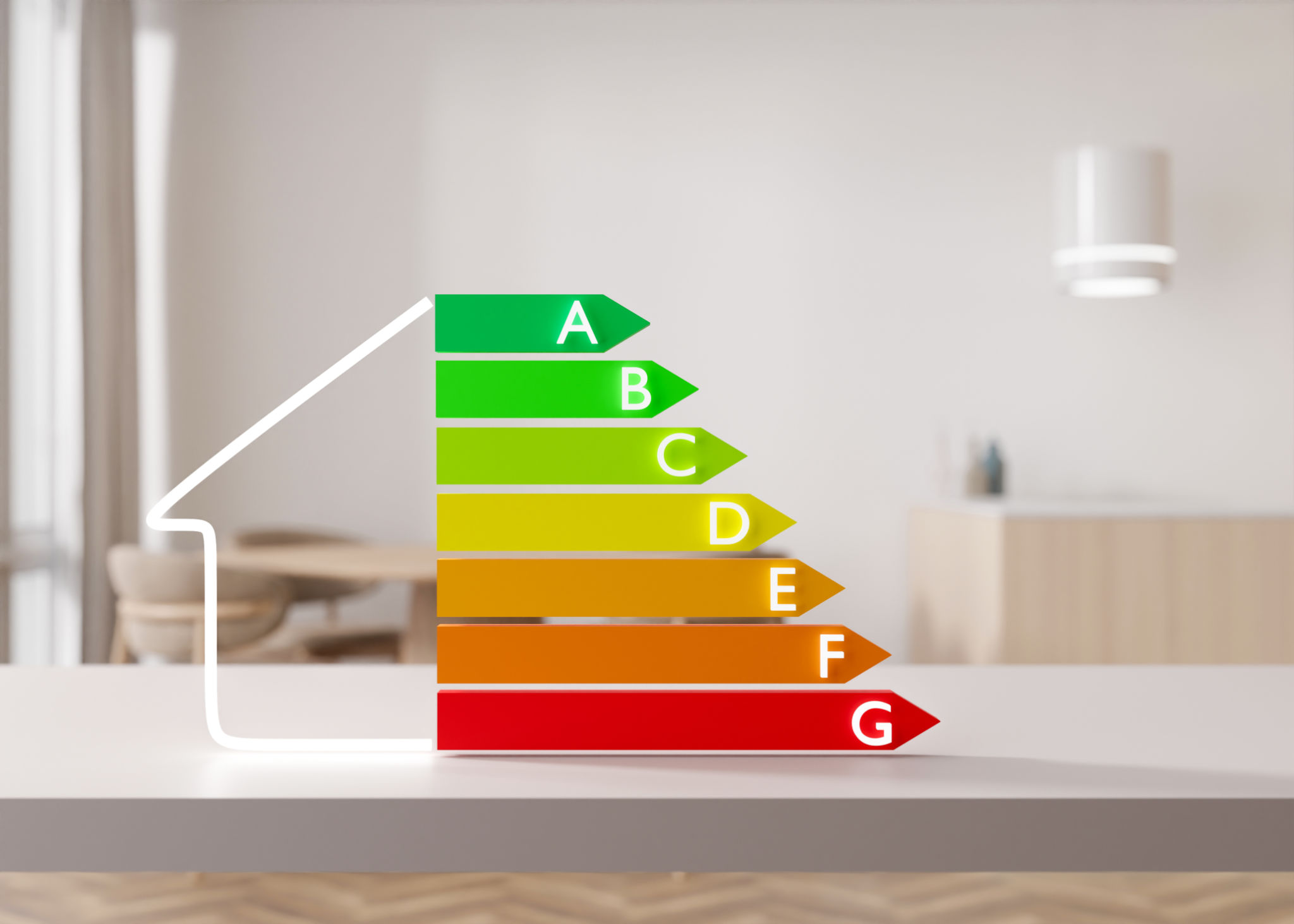Victoria's Energy Regulations: What Property Inspectors Look For
Understanding Victoria's Energy Regulations
Victoria's energy regulations are designed to enhance energy efficiency and reduce environmental impact. These regulations are particularly significant for property inspectors, who play a crucial role in ensuring compliance. Understanding what inspectors look for can help property owners and developers align with the standards and avoid potential penalties.

The Role of Property Inspectors
Property inspectors in Victoria are tasked with evaluating various aspects of a building to ensure it meets the state's energy efficiency requirements. Their assessments are comprehensive, covering everything from insulation to appliance efficiency. Inspectors provide detailed reports that highlight areas needing improvement and ensure properties adhere to the latest regulations.
Key Areas of Inspection
When inspecting a property, inspectors focus on several key areas:
- Insulation: Proper insulation is critical for minimizing heat loss and improving energy efficiency.
- Windows and Doors: Inspectors check for drafts and ensure that windows and doors are properly sealed.
- Heating and Cooling Systems: Efficient systems can significantly reduce energy consumption.

Compliance with Building Codes
Property inspectors ensure that buildings comply with the National Construction Code (NCC), which incorporates minimum standards for energy efficiency. This includes assessing whether the building design and construction materials contribute to energy conservation. Ensuring compliance not only satisfies legal requirements but also enhances the property's market value.
Energy Performance Certificates
One of the critical components of Victoria's energy regulations is the Energy Performance Certificate (EPC). Inspectors evaluate the property’s energy performance, which is then documented in the EPC. This certificate provides valuable information to potential buyers or tenants about the energy efficiency of a building, influencing their purchasing or leasing decisions.

Common Challenges in Meeting Energy Regulations
Meeting Victoria’s energy regulations can present challenges, particularly for older buildings that may not have been constructed with current standards in mind. Retrofitting these properties to improve insulation and replace outdated systems can be costly but is often necessary to achieve compliance. Property owners are encouraged to work closely with inspectors to identify cost-effective solutions.
The Benefits of Compliance
Compliance with energy regulations offers numerous benefits beyond legality. Improved energy efficiency can lead to significant cost savings on utility bills. Moreover, environmentally friendly properties appeal more to eco-conscious buyers, potentially increasing marketability and value. By adhering to these standards, property owners contribute positively to broader environmental conservation efforts.
Staying Informed and Prepared
As energy regulations evolve, staying informed is crucial for property owners and developers. Regular updates from local authorities and engaging with professional inspectors can help keep properties compliant with new standards. Proactive measures ensure that properties remain efficient and competitive in the market.
In conclusion, understanding what property inspectors look for in Victoria's energy regulations is essential for maintaining compliance and reaping the associated benefits. By focusing on key inspection areas and prioritizing energy efficiency, property owners can ensure their buildings meet regulatory standards while also enhancing their value and appeal.